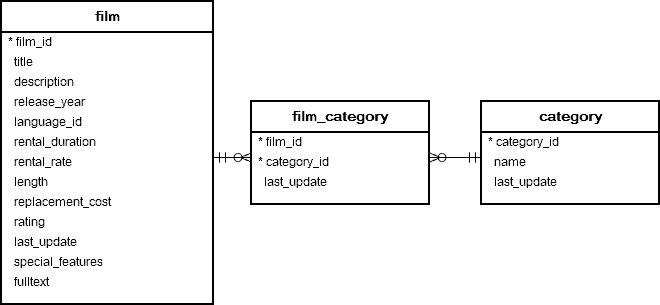The PostgreSQL TRUNC() function returns a number truncated to a whole number or truncated to the specified decimal places.
Syntax
The following illustrates the syntax of the PostgreSQL TRUNC() function:
TRUNC(number [, precision])Arguments
The TRUNC() function accepts two arguments.
1) number
The number argument is a numeric value to be truncated
2) precision
The precision argument is an integer that indicates the number of decimal places.
If the precision argument is a positive integer, the TRUNC() function truncates digits to the right of the decimal point.
In case the precision is a negative integer, the TRUNC() function replaces digits to the left of the decimal point.
The precision argument is optional. If you don’t specify it, it defaults to zero (0). In other words, the number is truncated to a whole number.
Return value
The PostgreSQL TRUNC() function returns the same numeric data type as the first argument if the second argument is not specified. Otherwise, the function returns a numeric value if both arguments are used.
Examples
1) Truncate to a whole number example
The following example uses the TRUNC() function to truncate a number to an integer:
SELECT
TRUNC(10.6);The result is:
102) Truncate to the specified decimal place
The following statement truncates a number to 2 decimal places:
SELECT
TRUNC(
1.234,
2
);Here is the result:
1.233) Truncate numbers with a negative second argument example
Consider the following example:
SELECT
TRUNC(150.45,-2)The second argument is -2, therefore, the TRUNC() function replaced the digits to the left of the decimal point that resulting in:
1004) Truncate numbers returned by a query
See the following film, film_category, and category tables in the sample database:
 The following statement calculates the average rental rate by film category:
The following statement calculates the average rental rate by film category:
SELECT
NAME,
TRUNC(AVG( rental_rate ),2)
FROM
film
INNER JOIN film_category
USING(film_id)
INNER JOIN category
USING(category_id)
GROUP BY
NAME
ORDER BY NAME;In this example, we used the TRUNC() function to truncate the average rentals to two decimal places.
The following picture illustrates the result:
 In this tutorial, you have learned how to use the PostgreSQL
In this tutorial, you have learned how to use the PostgreSQL TRUNC() function to truncate numbers.